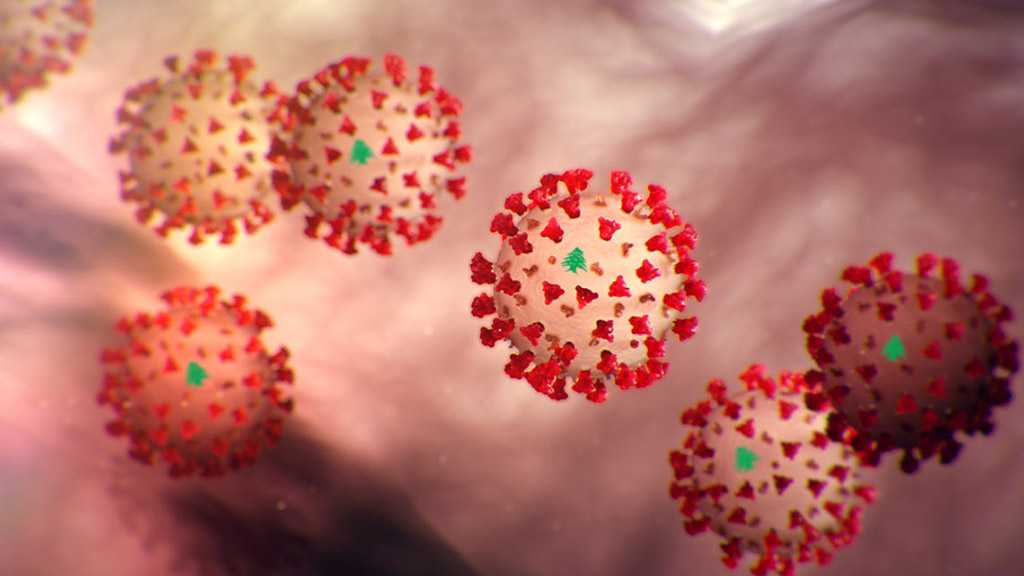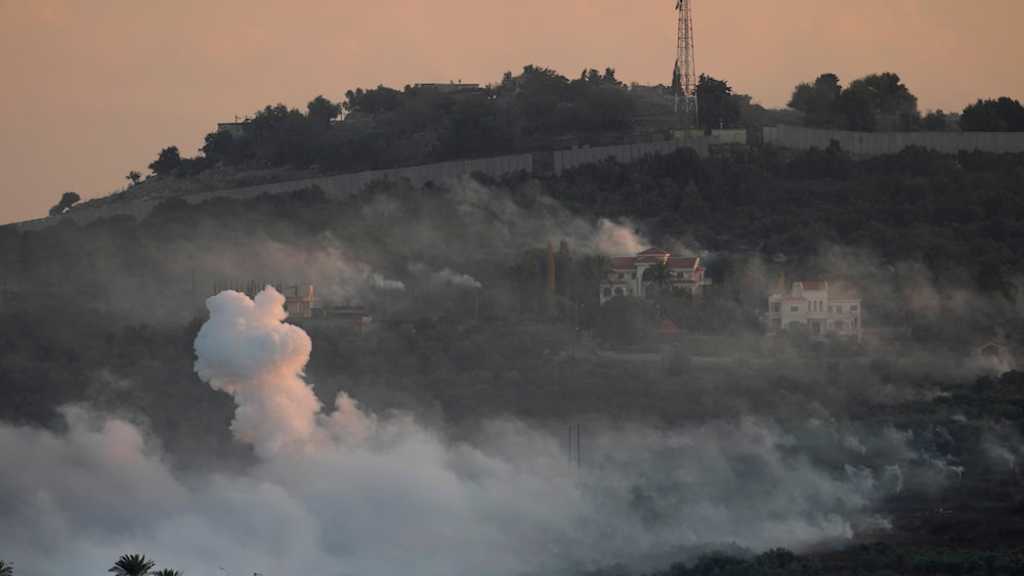
COVID-19 Cases Up 1,392 with Five More Deaths in Lebanon

By Staff, Agencies
Lebanon’s Health Ministry Tuesday confirmed 1,392 new coronavirus cases – of which 80 were imported – and five deaths as adherence to containment measures wavered nationwide.
The French Embassy meanwhile said Tuesday that its Ambassador to Lebanon Anne Grillo tested positive for COVID-19 along with “several” other embassy staff.
The embassy said in a statement that Grillo is in “good health” and that doctors think she has recovered from the disease, but that she still needs to undergo a further test to confirm that the virus has left her body. She will continue to isolate and work at the Pine Residence until then.
It has been 242 days since the first case of coronavirus was detected in Lebanon on Feb. 21, and the tally of infections stands at 64,336 with 531 deaths. There are 34,711 active cases.
Lebanon has a case fatality rate of 0.8 percent and its mortality rate is 7.68 per 100,000 population, according to data compiled by Johns Hopkins University.
Those respective figures stand at 1 percent and 3.82 in nearby Jordan, which has implemented among the most stringent containment measures in the region.
Residents in Choukine in south Lebanon set fire to tires and blocked the main road Tuesday in protest against the lockdown of the area - a measure ordered by the Interior Minister for areas that have more than eight cases per 100,000 people.
Describing the lockdown as “unjust” they complained that there were “no cases of corona in the town,” according to the state-run National News Agency. The village is in its second consecutive week of closure.
The ISF meanwhile said that it issued 25 fines and closed “a number” of restaurants and nightclubs over the weekend after they refused to abide by containment measures. Restaurants are supposed to operate at 50 percent capacity and nightclubs and bars are not supposed to be open at all.
“When ordinary people push back against lockdowns, total or partial, they do for a reason,” the head of Rafik Hariri University Hospital Firass Abiad tweeted Tuesday.
“Health policy is very much entwined with economic policy, and our COVID response is undermined by our economic predicaments,” he added.
Lebanon is going through its worse ever financial crisis, which has severely limited its ability to incentivize people to stay at home or observe lockdowns.
Due to the lack of commitment to measures that are now well known to stop the spread of the virus, Mount Lebanon Gov. Mohammad Makkawi ordered additional emergency measures covering several areas of Beirut’s southern suburbs.
All social gatherings are prohibited, and cafes, gyms and gaming halls are to close from Tuesday until Oct. 26 in Ghobeiri, Haret Hreik, Burj al-Barajneh, Mreijeh, Tahwitat al-Ghadir and Laylaki.
Restaurants may open from 5 a.m. to 9 p.m. but all other shops will have to close at 6 p.m. The health sector, bakeries and fuel stores are exempted from this. Restaurants may not serve narguileh.
Authorities are to limit the movement of people and prevent people from leaving their homes except under “extreme necessity,” according to the NNA.
Abiad meanwhile said that more was needed to be done to cater for pregnant women who may contract coronavirus.
“Studies have not shown that COVID-19 increases the risks to mother or child. Still, last week, a patient post delivery in Tripoli passed away. Two Covid mothers are currently in ICU at RHUH ... one on ventilation,” Abiad tweeted.
He suggested that although his hospital had delivered 49 COVID-positive cases, Lebanon had an insufficient number of COVID-19 ready delivery units.



